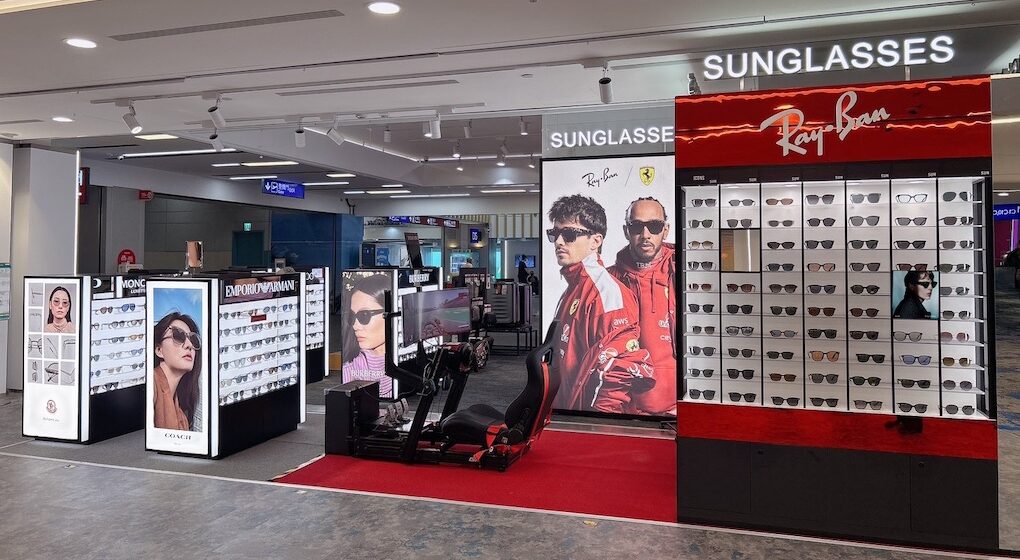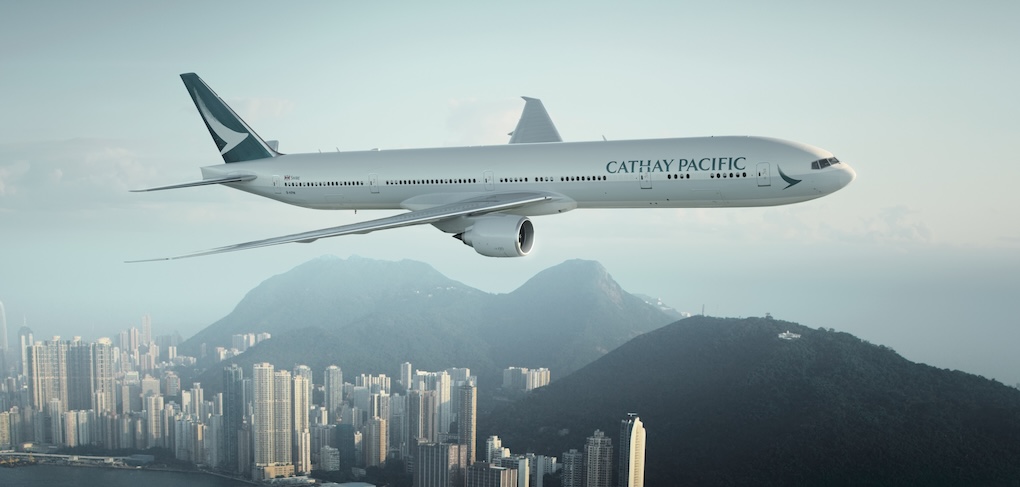JAPAN. Sales of outbound travel at leading travel agency JTB Group slumped by -9.5% year-on-year in October, reflecting the continued softening of travel demand, Travel Journal International (TJI) Online reported this week.
Sales from group tours and agent-planned tours dropped -12.2% and -9.8%, respectively, TJI said.
For the popular LOOK JTB tours, the number of tour participants dropped -11.1% from a year ago, outpacing the drop in sales, due to sluggish demand for Hawaii, Guam/Saipan and North America despite good demand for Asian destinations.
JTB’s booking levels are a highly indicative benchmark of Japanese travel trends as the group handles over a fifth of the outbound market (22% in October).
JTB’s outbound sales were down by -4.1% year-on-year for the first seven months of its financial year (April-October).
The fall comes despite a boom in Japanese visitors to South Korea, lured by the surging value of the Yen against the Won.
In an article headed “˜Bargain-hunting Japanese tourists flock to South Korea’, Seoul-based English language newspaper Mainichi Daily News wrote: “Due to the depreciation of the Won and appreciation of the Yen as a result of the current financial crisis, not only has the number of Japanese tourists in South Korea increased by +20% to +30% compared to last year, they particularly seem to be hitting the shopping hot spots.
“When I took a peek at the duty free store on the ninth and tenth floors of the Lotte Department Store in central Seoul, I could’ve sworn it was a year-end sale in Japan. Japanese tourists packed the place, speaking Japanese as if it were the official language.
“So far this sounds pretty similar to the situation during the financial crisis of late 1997. But what surprised me this time was the fact that I also found Japanese people on the eighth floor – not the duty free section or the traditional crafts section, but the household goods section – selecting slippers.”
Reporter Akiko Horiyama said that the Myeong-dong branch of The Face Shop, a South Korean natural cosmetics company, saw 2.5 times more Japanese customers and 2.7 times higher sales in October compared to last year.
Horiyama noted: “In the past, the company had had a reputation as an inexpensive brand geared toward young people, but the number of Japanese shoppers in their 40s and older spiked after the popular Japanese hair and makeup artist Ikko introduced the company’s anti-aging formula on television. The Face Shop sold over 3,000 packs of the product a day after the show aired, and ran out soon afterwards.”
The report quoted a 54-year-old housewife from Okayama Prefecture who said that she travels to South Korea at least three times a year because it is much more economical than going to Tokyo. Buying about 40 cosmetic items worth a total of Â¥50,000, she said: “I usually get these products for myself, but because the Yen is so strong against the Won, I figured this time I’d buy enough to give to friends.”
Earlier this week Korea Customs Service reported that duty free sales to overseas nationals rose sharply in November, hitting US$126.7 million. Last month, 605,000 Japanese travellers visited South Korea’s duty free shops (downtown and airport), compared to 265,000 a year earlier, it said.
*Editor’s note: The Moodie Report works closely with TJI Online, the largest English-language travel trade news source in Japan. Week in, week out, it provides timely and sharp analysis of the all-important Japanese travel market – international and domestic. To subscribe please visit https://tji.tjnet.co.jp. It comes with our highest recommendation.
[comments]
MORE STORIES ON JAPANESE TRAVEL
Travel retail stocks fall amid economic turmoil; winners and losers in currency swings – 08/10/08




